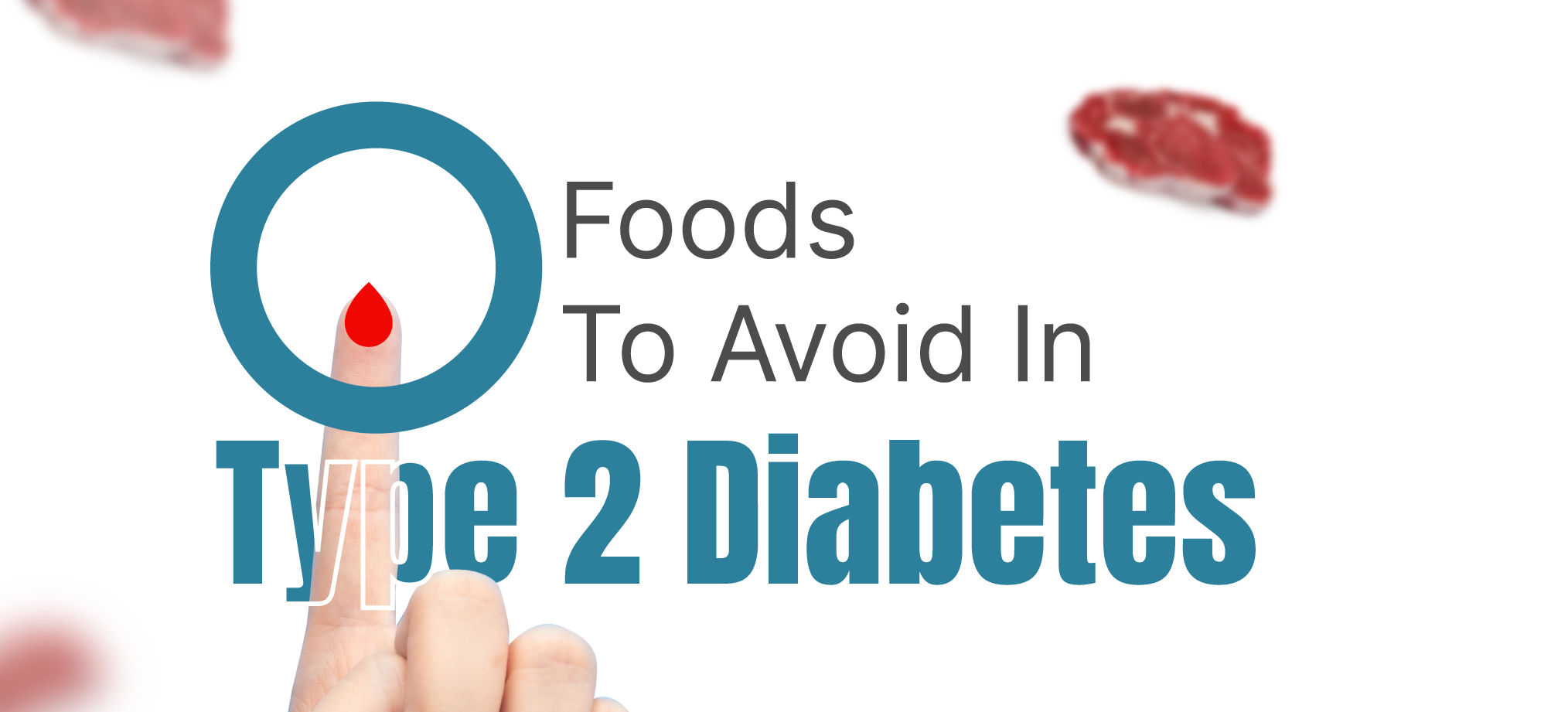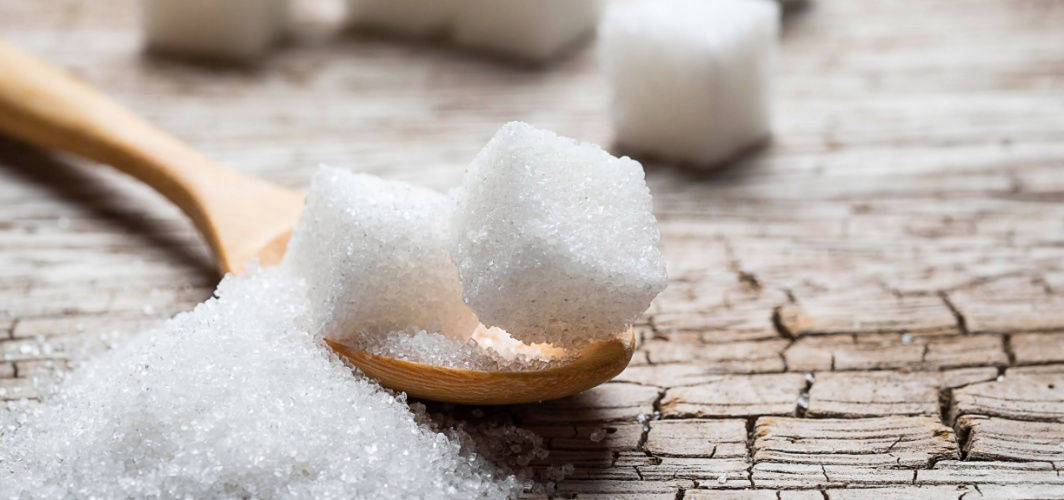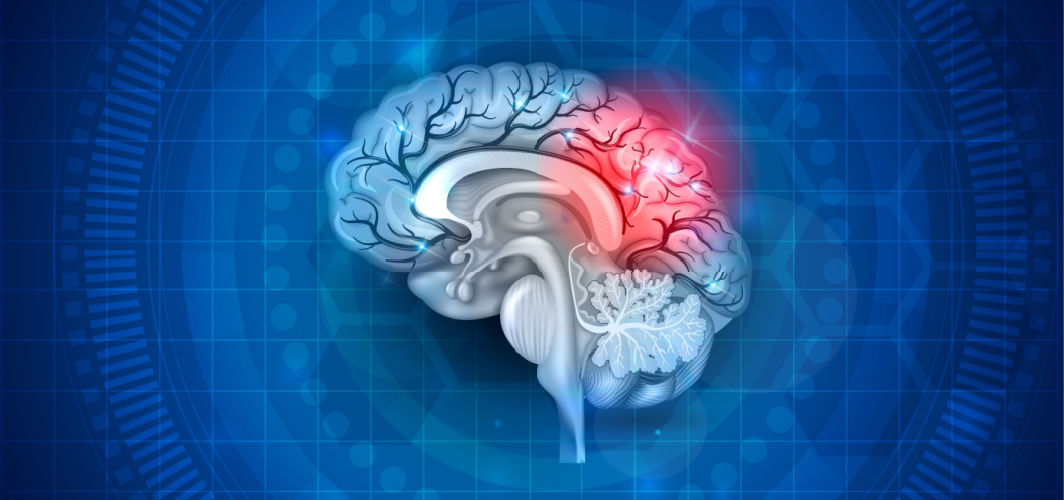Diabetes Management
These Foods Can Increase Your Risk Of Diabetes
3 min read
By By Apollo 24|7, Published on - 20 February 2023, Updated on - 01 June 2023
Share this article
0
3 likes

Generally, the human body uses insulin to control glucose levels and convert them into energy. However, in the case of type 2 diabetes, the body develops insulin resistance and cannot effectively use insulin to regulate blood sugar levels, resulting in elevated glucose levels in the blood. In addition, consuming foods containing nitrates and nitrites have been linked to an increased risk of type 2 diabetes in studies. Let us know more about these foods and how they are related to diabetes.
What Are Nitrates and Nitrites?
Both nitrates and nitrites are nitrogen compounds that are often found in several food items including:
- Green leafy vegetables like spinach and lettuce
- Radish
- Parsley
- Beetroot
- Processed fish
- Alcoholic beverages
- Processed meats like hot dogs, sausage & salami
While nitrates are least likely to harm the body, nitrites can convert either into nitric oxide (beneficial for the body) or nitrosamine (harmful for the body).
How Nitrates and Nitrites can Cause Type 2 Diabetes
The essential role by which nitrates and nitrites may contribute to type 2 diabetes development is unknown. However, several theories have been proposed, including the following:
- Increased insulin resistance due to the formation of nitrosamines
- Higher levels of inflammation due to eating processed and cured meats
- Weight gain due to the intake of processed and cured meats
Foods Recommended for People With Type 2 diabetes
The following foods can be eaten if you have type 2 diabetes:
1. Whole-grain foods such as oatmeal and wheat bread can help you regulate blood sugar levels and provide adequate energy.
2. Non-starchy vegetables like leafy greens, broccoli and cauliflower are high in fibre and low in carbohydrates.
3. Protein-rich foods like beans, lentils and chickpeas help regulate blood sugar levels and improve overall health.
4. Berries such as strawberries and blueberries are high in fibre and antioxidants.
5. Fish high in fat, such as salmon and sardines, are high in omega-3 fatty acids.
It is important to remember that eating a balanced diet low in refined carbohydrates, high in fibre and rich in nutrient-dense foods is the key to managing type 2 diabetes.
You can consult a dietitian about developing an individualised eating plan that meets your needs.
Consult An Apollo Diabetologist
Frequently Asked Questions
1. What effect does food containing nitrates and nitrites have?
Foods containing nitrates and nitrites tend to increase insulin resistance, thereby increasing the risk of type 2 diabetes and weight gain.
2. Does consuming vegetables having nitrites or nitrates lead to type 2 diabetes?
The relationship between vegetable intake and the risk of developing type 2 diabetes is complex. However, research has shown food containing nitrates and nitrites can increase the risk of developing type 2 diabetes.
3. What foods are good for people having type 2 diabetes?
Fruits, vegetables, nuts, seeds and whole grains are some foods that are good for those with type 2 diabetes.
4. What are some symptoms of type 2 diabetes?
Increased thirst, tiredness, weight loss, dry mouth, mouth and headaches are some of the common symptoms of type 2 diabetes.
5. Can consuming processed food lead to type 2 diabetes?
Consuming processed foods high in added sugars, refined carbohydrates, unhealthy fats, and sodium has been linked to an increased risk of developing type 2 diabetes.
Consult An Apollo Diabetologist
You can also manage your diabetes like a pro with Apollo 24|7's 12-week empower programme.
Medically reviewed by Dr. Madhushree Agarwal
Diabetes Management
Leave Comment
Recommended for you

Diabetes Management
Consuming Over 6 Teaspoons Of Sugar Daily Increases Your Risk For These Diseases
Consuming over 6 teaspoons of sugar daily increases the risk for various diseases. Excessive sugar intake is linked to an increased risk of obesity, type 2 diabetes, and tooth decay. High sugar consumption can also lead to weight gain, insulin resistance, inflammation, and other metabolic disturbances, contributing to the development of these chronic health conditions. It is important to moderate sugar intake for overall health and well-being.

Diabetes Management
Diabetes And Stroke: Are They Related?
Diabetes and stroke are closely related. Poorly controlled diabetes can lead to inflammation, high blood pressure and increased cholesterol that can damage blood vessels, increasing the risk of stroke. Persistent damage can cause plaque buildup in artery walls, narrowing the blood vessels and impeding blood and oxygen flow to the brain.

Diabetes Management
Are You at Risk for Diabetes? This Simple Test Can Tell
The HbA1c test, also known as the haemoglobin A1c test, is a blood test that measures the average blood glucose levels over the past two to three months. It is used to diagnose and monitor prediabetes and diabetes.The test does not require fasting or any other special preparation. It is important to interpret the results in consultation with a healthcare professional.
Subscribe
Sign up for our free Health Library Daily Newsletter
Get doctor-approved health tips, news, and more.
Visual Stories

8 Fruits That are Incredibly Healthy for Diabetes
Tap to continue exploring
Recommended for you

Diabetes Management
Consuming Over 6 Teaspoons Of Sugar Daily Increases Your Risk For These Diseases
Consuming over 6 teaspoons of sugar daily increases the risk for various diseases. Excessive sugar intake is linked to an increased risk of obesity, type 2 diabetes, and tooth decay. High sugar consumption can also lead to weight gain, insulin resistance, inflammation, and other metabolic disturbances, contributing to the development of these chronic health conditions. It is important to moderate sugar intake for overall health and well-being.

Diabetes Management
Diabetes And Stroke: Are They Related?
Diabetes and stroke are closely related. Poorly controlled diabetes can lead to inflammation, high blood pressure and increased cholesterol that can damage blood vessels, increasing the risk of stroke. Persistent damage can cause plaque buildup in artery walls, narrowing the blood vessels and impeding blood and oxygen flow to the brain.

Diabetes Management
Are You at Risk for Diabetes? This Simple Test Can Tell
The HbA1c test, also known as the haemoglobin A1c test, is a blood test that measures the average blood glucose levels over the past two to three months. It is used to diagnose and monitor prediabetes and diabetes.The test does not require fasting or any other special preparation. It is important to interpret the results in consultation with a healthcare professional.